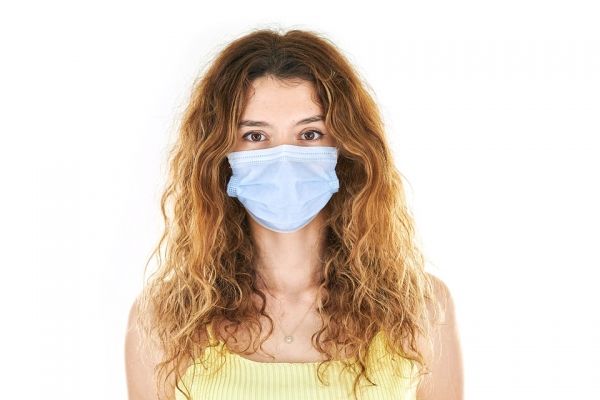A team of researchers has tested everything from t-shirts and socks to jeans and vacuum bags to determine what type of mask material is most effective at trapping the ultrafine particles that may contain viruses such as SARS-CoV-2, the virus which causes COVID-19.
The researchers, from the University of Cambridge and Northwestern University, tested the effectiveness of different fabrics at filtering particles between 0.02 and 0.1 micrometres – about the size of most viruses – at high speeds, comparable to coughing or heavy breathing. They also tested N95 and surgical masks, which are more commonly used in healthcare settings.
Previous studies have only looked at a small selection of fabrics when the wearer is breathing normally, when particles are expelled at lower speed. Studying more fabrics and testing them at higher speeds provides a more robust evidence base for the effectiveness of fabric masks.
The results, reported in the journal BMJ Open, show that most of the fabrics commonly used for non-clinical face masks are effective at filtering ultrafine particles. N95 masks were highly effective, although a reusable HEPA vacuum bag actually exceeded the N95 performance in some respects.
Read more at University of Cambridge
Photo Credit: Engin_Akyurt via Pixabay


